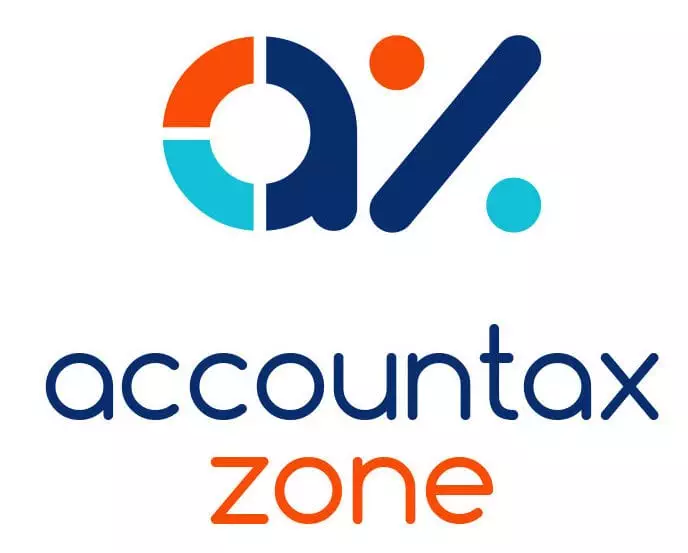Having the company pay for all your fuel might seem like a major perk. However, whether it is truly a valuable benefit depends on a number of factors, not least how the company structures its fuel policy, the type of car, and how much, if any, fuel is reimbursed for private use.
Car fuel benefit
When an employer provides all the fuel for a company car, this usually triggers a car fuel benefit charge. The company fuel benefit is the value HMRC places on the fuel provided by the employer for the employee’s personal use of a company car, the actual amount being dependent on the car’s CO2 emissions.
The same percentage figures used to calculate the car benefit charge are also used to calculate the fuel benefit charge, the relevant percentage figure being multiplied by £28,200 for 2025/26. HMRC’s fuel charge table for 2025/26 shows tax charges ranging from £846 for a car with 1 to 50 CO2 emissions to £10,434 for a 160 CO2 or more emission (producing a tax bill of £2,086.80 for a basic rate taxpayer; £4,137.20 for a higher rate taxpayer, and £4,695.30 for an additional rate taxpayer). In addition, an employer Class 1A charge of 15% is levied. Petrol hybrid cars are treated as petrol cars for this purpose. Be aware that a small 50 CO2 emission engine in a hybrid car system may generate just enough power to recharge the electric motor’s battery during low-speed driving and result in a car fuel benefit.
A way around the charge
Avoiding the tax charge may seem simple; the employer avoids paying for fuel for any purpose other than for business. In practice, that may be difficult to achieve as the charge applies regardless of the actual private mileage or cost of the fuel unless the employee ‘makes good’ the full cost of private fuel to the employer. It is this calculation of ‘full cost’ which creates most problems, which is where use of HMRC’s advisory fuel rates (AFR) table can assist. Importantly, should the employee contribute less than the full cost of private fuel, or the employee contributes a fixed amount per month (but less than full private use), the benefit charge still applies in full.
AFRs are set by HMRC and are mainly of use in two situations. Firstly, where the business pays for all fuel (e.g., via a company fuel card or account at a petrol station) and requires the employee to reimburse it for the cost of their non-business mileage. Secondly, where an employee personally pays for fuel used in their company car and claims reimbursement from their employer for business mileage.
The AFR is intended to avoid a taxable benefit on the employee for the fuel used on business trips and avoid the company needing to calculate the actual cost of fuel per mile for each of its company vehicles. They provide a set rate for different types of vehicles (based on engine size in cc and fuel type) that ensures the fuel reimbursement is not too high or too low. As long as the amount paid does not exceed the AFR, no taxable benefit arises and no employer’s Class 1A NI is levied. The rates are based on calculations made using actual pump price data, which are reviewed on a quarterly basis.
Practical point
Despite increases in car benefit charges over the years, it may still be advantageous for the company to pay for all fuel, and the employee to repay the cost of fuel used for private travel – records of private mileage incurred will prove whether this statement is correct. It may not be known until after the tax year has ended whether it is more tax efficient for the company to pay for the fuel. Therefore, a suggestion could be for the company to pay for all fuel initially and, after the tax year, calculate if doing so was tax efficient. If not, the employee needs to reimburse the company in full for all private mileage by 6 July following the tax year. Tax cases have proved that a formal agreement with the company confirming private use reimbursement is valuable.
Partner note:










